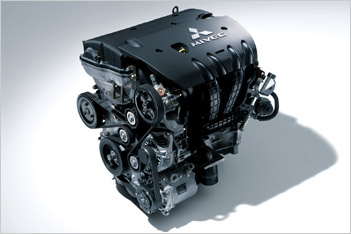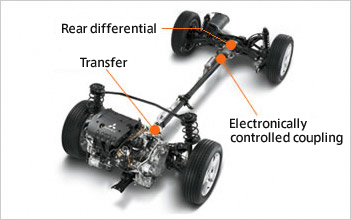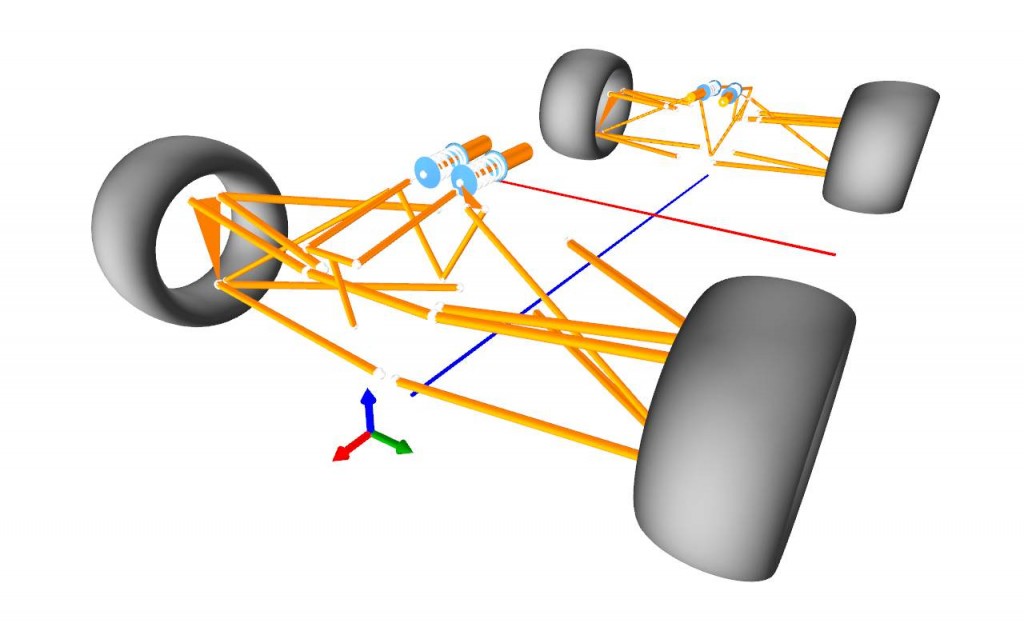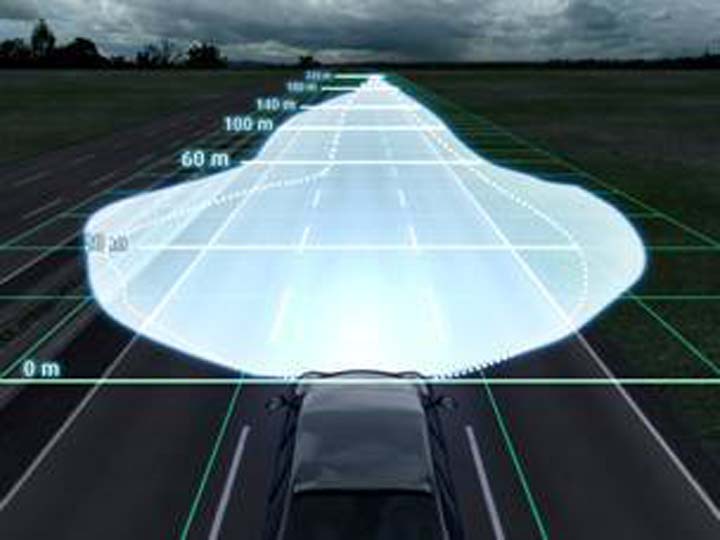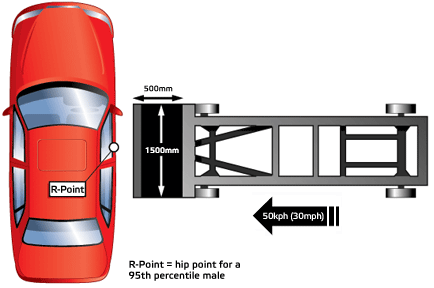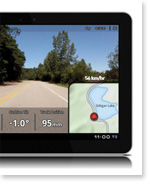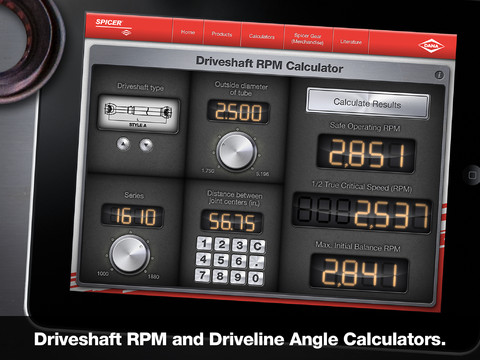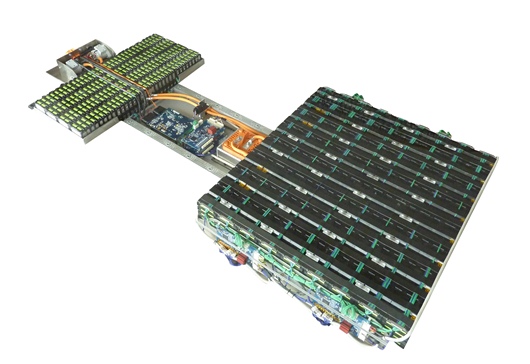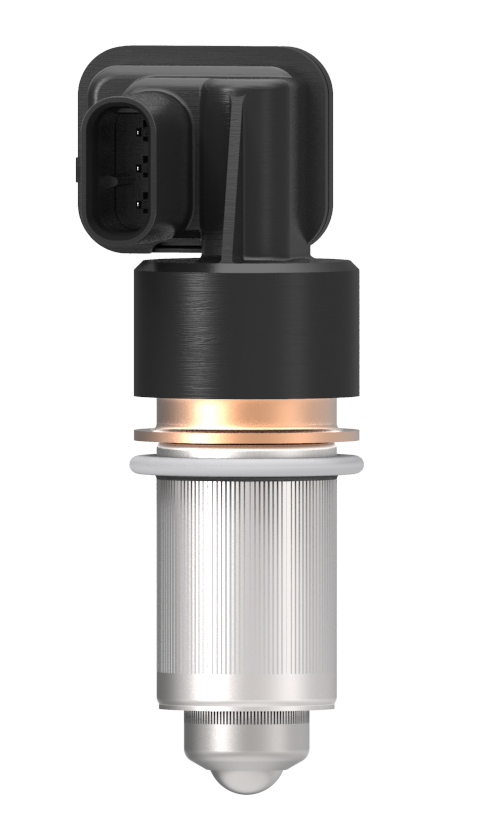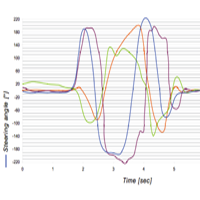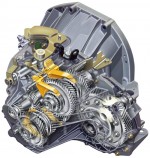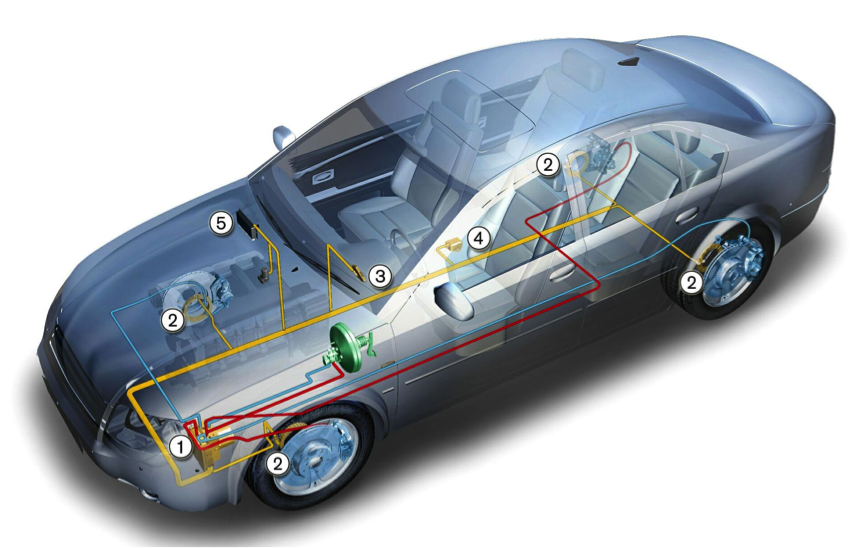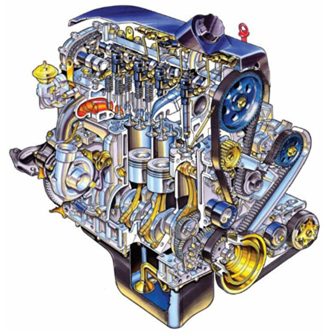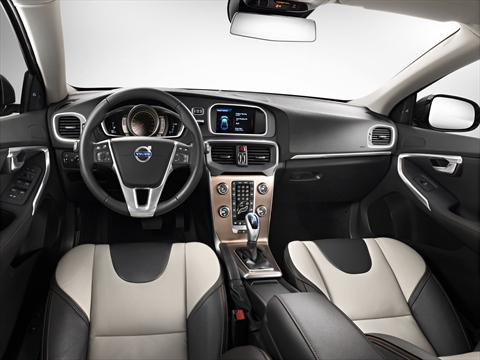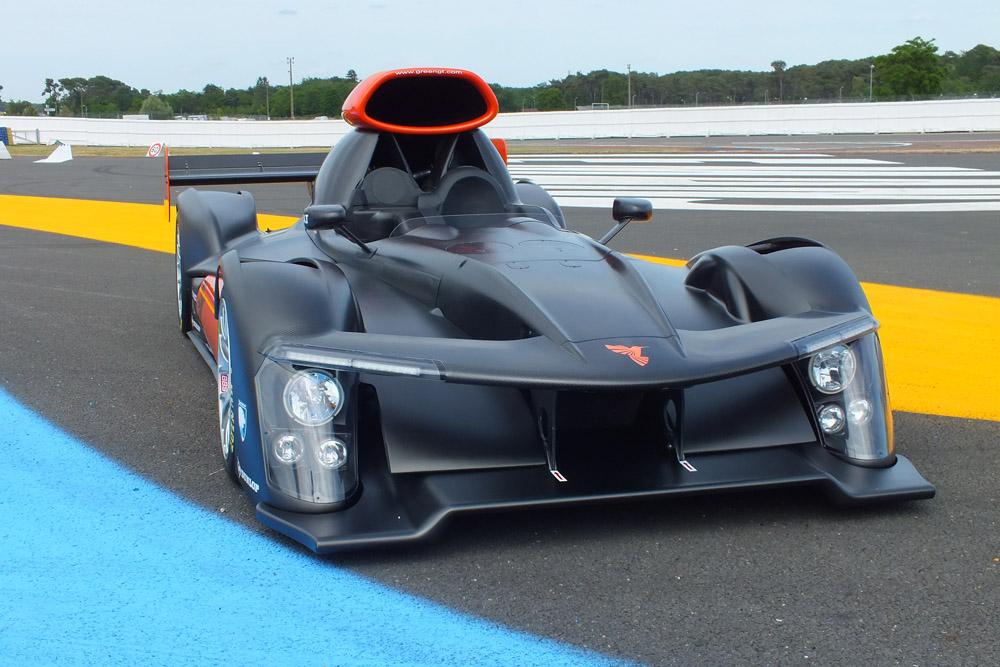With technological advances, the cars are more fuel efficient. But apart from technical improvements, drivers can act on the energy consumption of their car. Because the way they use the vehicle, i.e. their driving style, also has an impact on fuel consumption.
If drivers follow the advices of GECO, they can potentially get 10 to 25% fuel saving. Consuming less, they spend less but also emit fewer pollutants and less CO2.[image_frame style=”framed_shadow” align=”center” alt=”GECO App released by IFPEN” title=”GECO reduces consumption without necessarily reducing the average speed”]https://www.car-engineer.com/wp-content/uploads/2014/06/Lifpen-lance-lapplication-deco-conduite-geco.jpg[/image_frame]
GECO App characteristics
- From Smartphone sensors, the system calculates in real time and depending on the road, the optimal mode of driving to adopt.
- GECO compares this ideal driving to the actual one. GECO deduces an ecodriving score and suggests ways to improve on the Smartphone screen.
- GECO provides access to trips historic and evaluations obtained, with the areas for improvement.
- GECO adopts an innovative scientific approach: the application quantifies the analysis of the driving and thus provides more accurate and rich information. GECO relies on the expertise of engineers IFP Energies Nouvelles (IFPEN) research in the field of Information Technology, and in particular, online optimization algorithms.
Flexibility of the GECO App
GECO reduces consumption without necessarily reducing the average speed. GECO provides access to different levels of information:
- comprehensive information on the route followed,
- driving tips,
- a more detailed assessment of trips made to analyze in greater detail the behavior, understand areas for improvement and monitor progress.[image_frame align=”right” alt=”Philippe Moulin” title=”Philippe Moulin, Automated systems research engineer and project leader at IFP Energies Nouvelles”]https://www.car-engineer.com/wp-content/uploads/2014/06/philippe-moulin.jpg[/image_frame]
Questions to Philippe Moulin*, GECO project leader at IFP Energies Nouvelles
- How did you decide to create GECO?
Ph. M.: At the heart of the mobile application GECO are online optimization algorithms from the expertise of researchers in automatic at IFPEN. They were developed in the project City Mobility Energy (CME) in partnership with the Vulog Company. This project has allowed us to study the issues related to ecodriving, or more precisely the energy optimization of driving. It was about formalizing a problem in mathematical form, using a model of the energy consumption of a vehicle, and to propose methods of resolution than can be used online.
- Why IFPEN is interested in Ecodriving?
Ph. M.: Today, the automobile is facing a double challenge: finding alternatives to petroleum fuels and reduce fuel economy. At IFPEN, we focus on the issues of energy efficiency in transport. To this end, we work to improve engine technologies and also the integration of ICT (Information and Communication Technologies) that will occupy in the near future a very important place in the car: connecting the vehicles to their environment (infrastructure, other vehicles) will enable new functionality. Ecodriving as discussed today in GECO is only a first step towards an increasingly intelligent and connected automobile.
- What are the perspectives for GECO?
GECO will be distributed freely to the public on the App stores as early as June 2014. We hope to conquer the accession of “GECO-drivers” and demonstrate the effectiveness of our developments and the performance of our algorithms. We study the possibility of developing a GECO version for bikes. Partnerships are also being negotiated to promote and disseminate these developments.
We also conduct discussions to extend technical developments on the energy efficiency of the connected car. We work with recognized laboratories to strengthen our expertise in this field and open new perspectives. Our approach seeks to achieve, in parallel with the distribution of our work to the public, recovery from industrial actors, and thus building a strong scientific competence.
[colored_box variation=”moss green” title=”* Philippe Moulin, Automated systems research engineer and project leader at IFP Energies Nouvelles“]
Philippe Moulin is a research engineer in automated systems at IFP Energies Nouvelles. After various experiences in the auto industry, he joined IFPEN where he works especially in the transport sector and focuses on the use of information technology to address energy and environmental issues.
[/colored_box]
Source: IFPEN
[titled_box title=”Romain’s opinion:”]
This type of functionality exists natively in some vehicles like the Honda Insight or the Toyota Prius. The idea is perfectly suited to the people that own older vehicles and that do not have this kind of function. However, at first glance, the fact to not have access to engine data such as engine speed or torque is a limitation to this application. Indeed, what about someone who respects speed limits and adapts vehicle speed to the topology of the route but still running the engine at very high rotating speeds? Do you think it will be possible in the near future to access to basic engine information via its Smartphone?[/titled_box]

